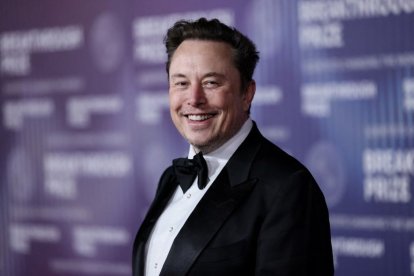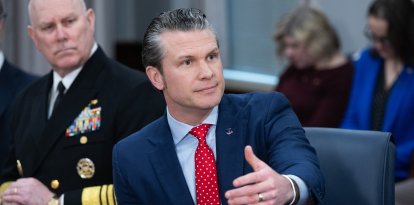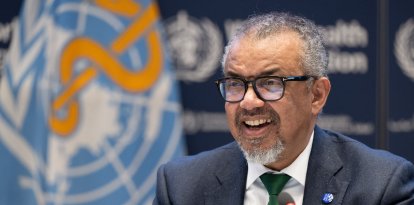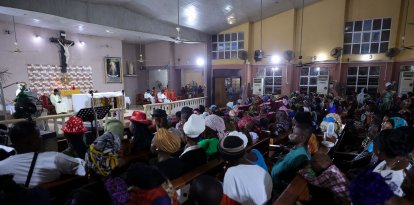Musk beats Australia: It withdraws lawsuit against X for not removing images of a stabbing in a church
"Freedom of expression is worth fighting for," the magnate said after the announcement.

(Étienne Laurent / AFP)
Australia announced this Wednesday that it has withdrawn its lawsuit against X, Elon Musk’s social media platform, which called for the global removal of images of the stabbing of a bishop in a Sydney church.
Julie Inman-Grant, eSafety Commissioner and Australia’s top independent regulator for online safety, announced this decision after evaluating the case and considered that the suspension of the lawsuit “would probably achieve the best result for the online safety of all Australians, especially children,” ensuring that the “sole objective” of issuing the takedown notice to “this extremely violent material would go viral, potentially inciting further violence and inflicting further harm on the Australian community.”
X and Musk’s reactions
X’s Global Government Affairs team welcomed the news, highlighting that freedom of expression had prevailed. Elon Musk also expressed his support through the X platform, stating that “freedom of speech is worth fighting for.”
The incident and controversy
The legal battle began after Bishop Mar Mari Emmanuel was stabbed during a live-streamed sermon. The images spread quickly through social networks, capturing the attention of thousands of people both in Australia and the rest of the world.
After the attack, the Australian commissioner issued a court order to remove the images globally. Companies such as Meta, Microsoft, Google, and TikTok accepted this request. However, Elon Musk questioned this as an attack on freedom of expression, thus triggering a legal dispute.
“Our concern is that if ANY country is allowed to censor content for ALL countries, which is what the Australian’ eSafety Commissar’ is demanding, then what is to stop any country from controlling the entire Internet?” Musk explained through his platform.
The magnate insisted on several occasions that X adheres to the laws of each country but stressed that it is not appropriate to apply one country's rules to others. He also argued that content censorship in other countries should be dealt with legally in those countries.
RECOMMENDATION





















